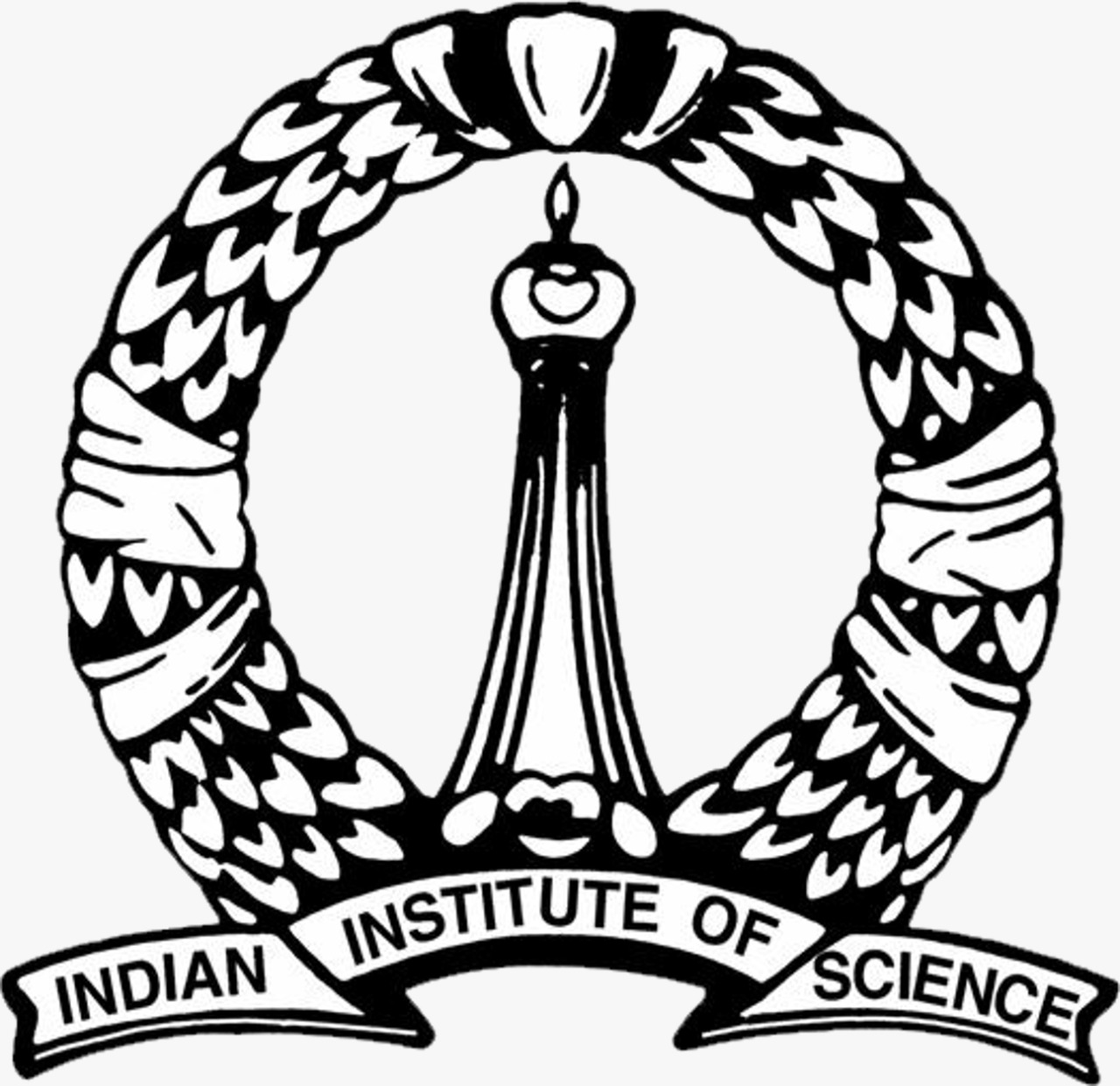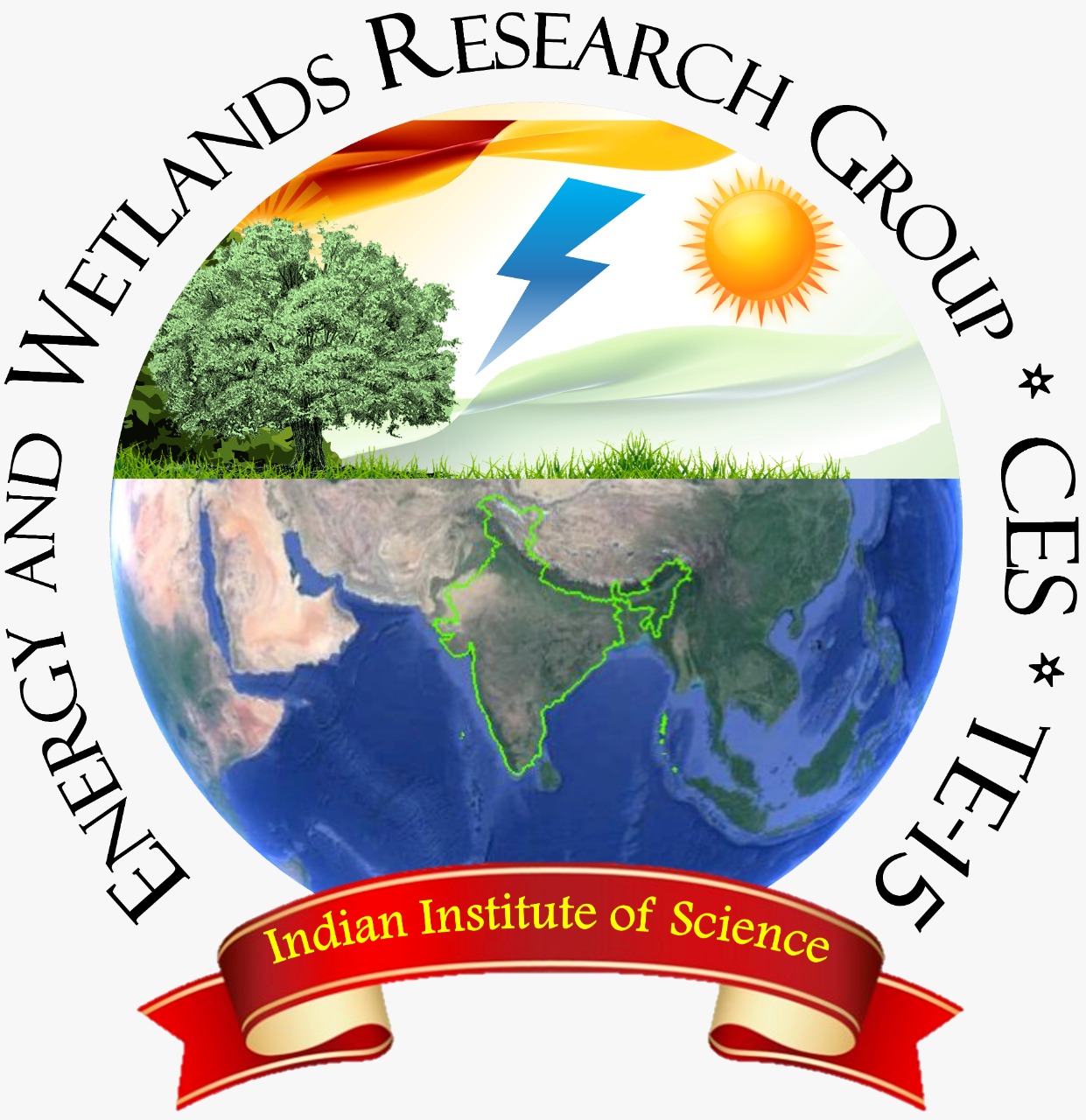 |
Diversity of Phytoplankton in Lakes
of Bangalore, Karnataka, India
|
 |
K.S. Asulabha 1,4
R. Jaishanker 4
V. Sincy 1,4
T.V. Ramachandra 1,2,3,*
1 Energy and Wetlands Research Group, Centre for Ecological Sciences [CES],
2 Centre for Sustainable Technologies (astra)
3 Centre for infrastructure, Sustainable Transportation and Urban Planning [CiSTUP]
Indian Institute of Science, Bangalore – 560012, India.
4 Indian Institute of Information Technology and Management-Kerala (IIITM-K) Thiruvananthapuram, Kerala
*Corresponding author: tvr@iisc.ernet.in
|
ABSTRACT
Phytoplanktons are an essential component in the ecosystem as
they provide food (primary producer) to higher trophic levels
through the process of photosynthesis with the release of oxygen
as a by-product. They act as an indicator of variations in water
quality and helps in nutrient removal in lakes. The diversity,
density, and distribution of phytoplankton in a water body are
dependent on the quality of the habitat (water quality). The
present study deals with the assessment of physico-chemical
parameters and phytoplankton diversity of lakes in Bangalore. A
total of 58 genera of phytoplankton were recorded in Bangalore
lakes. The phytoplankton in the studied lakes was represented by
five major groups, i.e., Chlorophyta, Bacillariophyta,
Cyanobacteria, Charophyta, and Euglenozoa. Cyanobacteriais the
most dominant that suppresses the growth of other phytoplankton
groups. The primary production evident from the composition of
phytoplankton in the lakes depends on the environmental
parameters. Canonical Correspondence Analysis (CCA) of the water
quality parameters and phytoplankton genera indicated the
influence of water quality on phytoplankton composition
in monitored lakes of Bangalore. A reduction in phytoplankton
diversity is attributed to a decline in the water quality of
lakes with increased water pollution. The phytoplankton serves
as excellent bioindicators as it responds to environmental
stress. Hence, phytoplanktons are being used in the
biomonitoring programs of lakes.
Keywords: Phytoplankton, Lakes, Water
quality, Cyanophyceae, Biomonitoring.
|
|
Citation :K.S. Asulabha, R. Jaishanker, V. Sincy and T.V. Ramachandra,
2022, Diversity of Phytoplankton in Lakes of Bangalore, Karnataka, India, 10th Chapter, ,
In: Shashikanth Majige (eds), Biodiversity – A Way forward, Daya publishing House, New
Delhi, Pp 147-178
|

